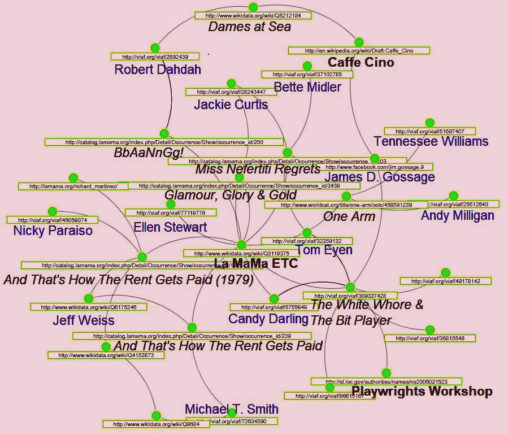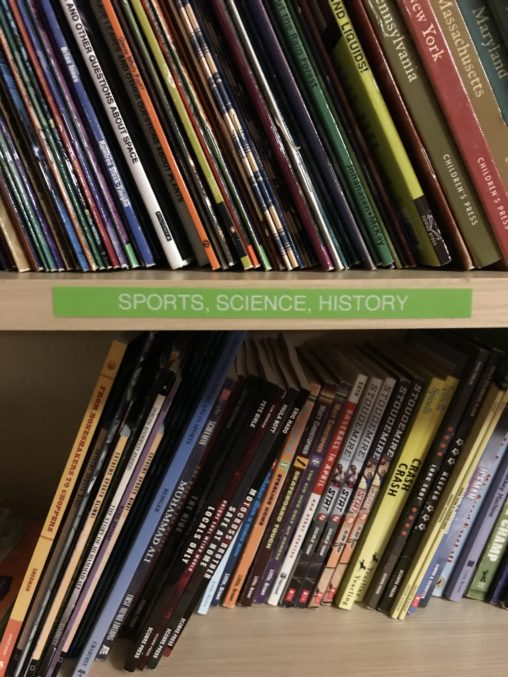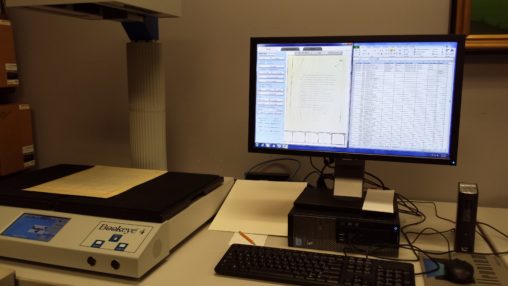Tag: special libraries
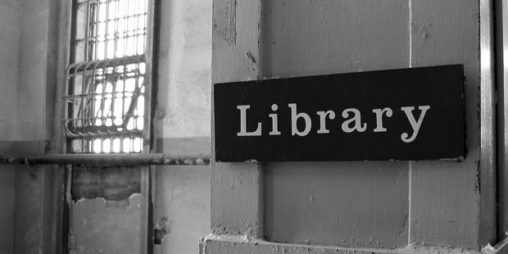
This paper will provide an overview of the current state of libraries within jails, prisons, and youth facilities: their policies, the programs they run, and their impact on incarcerated individuals. By examining collection development, patron privacy, prison law libraries, reference services, the school-to-prison pipeline, literacy programs for youth, and technology and information literacy, I hope to show the range and breadth of what prison libraries seek to accomplish.
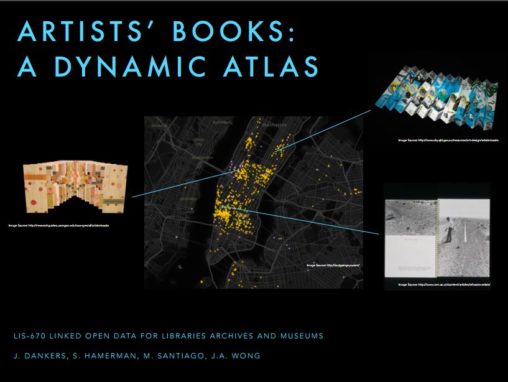
The project is a mock IMLS Grant Proposal for “Artists’ Books: A Dynamic Atlas.” This pilot project will use linked open data to create a dynamic mapping interface that indicates the home libraries of artists’ books located within New York. Led by the MoMA Library in partnership with the Frick Collection, Brooklyn Museum, Whitney Museum, and Metropolitan Museum, the dynamic atlas will deepen engagement with these unique collections; allow users to visualize connections between artists, books, and institutions; and make project data available for use on the open web.
The “LibGuide for Film and Media Preservation” is a centralized location tool to serve the needs of beginning professionals working with and managing moving image media, analog and digital, in information environments such as archives, museum and special collections and libraries. In addition, the resource guide is designed as a supplement to graduate students taking relevant course work in library and informational science coursework, such as film and media collections. The LibGuide includes information resources including encyclopedias, dictionaries, and indexes, selected for their coverage across disciplines including varied topics as preservation, conservation and restoration, film history, and librarianship.
Corporate Archives are important to American culture, and can also be a source of revenue for corporations as well as a way to connect with consumers. Corporate Archivist role is best as archivist and communicator.
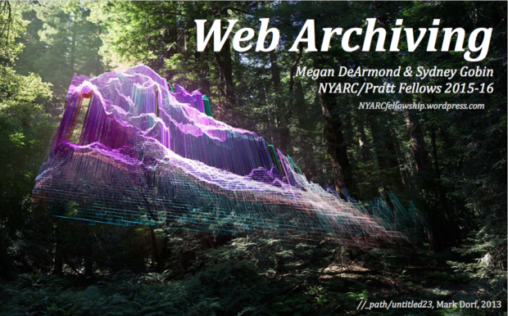
For the past two semesters, we have been working as NYARC interns located at the Frick doing web archiving of various types of sites (galleries, museums, catalogue raisonnes). We would like to share about the processing of web archiving using Archive-It as well as other new technologies such as Rhizome’s web recorder.
This presentation will consider the integration of local history collections into traditional public institutions, examine some challenges and cases of developing this collection model for public libraries, and ultimately explore how public information professionals can prepare resources for the augmentation of their own collections.
![from MARC to BIBFRAME [!] - oster for #infoshow2018 by Sarah Adams](https://studentwork.prattsi.org/infoshow/wp-content/uploads/sites/2/from-MARC-to-BIBFRAME--508x381.jpg)
